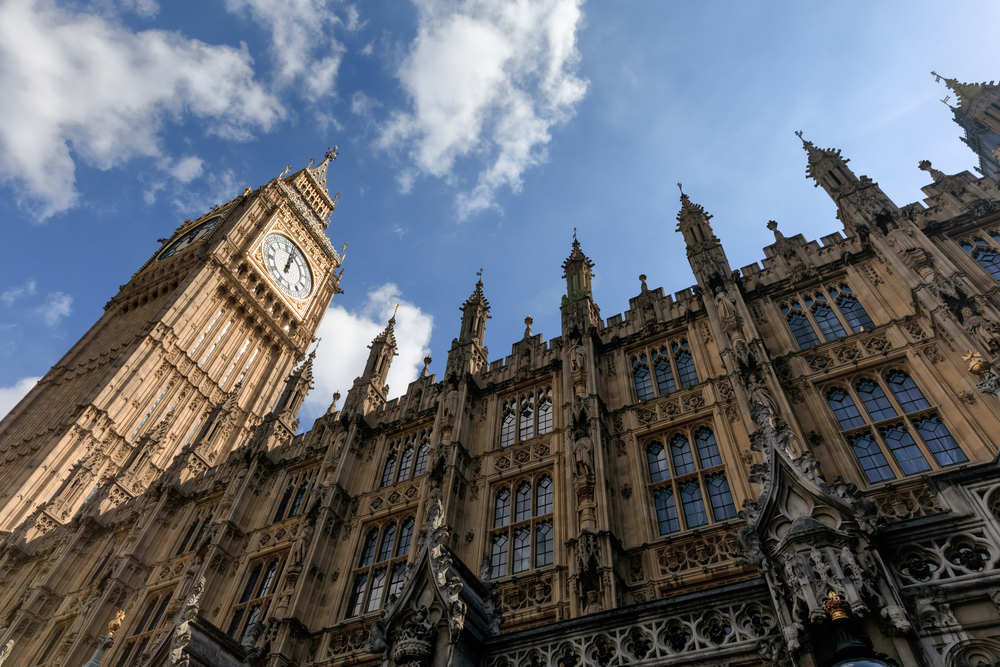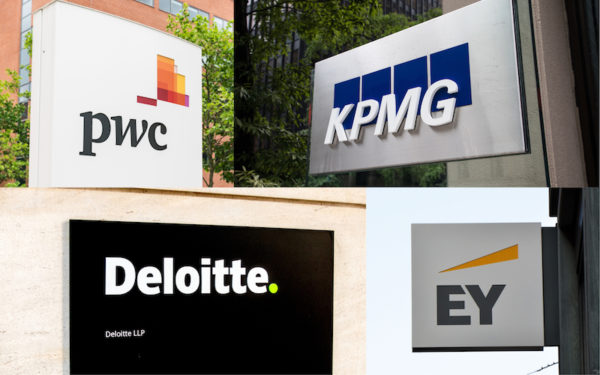The Labour Party has upped the pressure on the government by committing to push through legislation needed for a raft of audit reform measures in the UK.
Audit reform has been under discussion since 2018, following the high-profile collapse of construction giant Carillion. Recommendations from two parliamentary inquiries and three public reviews have been available for government implementation over the past five years.
Though the subject was mentioned in the Queen’s Speech last year, it emerged earlier this month that the legislation needed for key reforms would be delayed for up to a year and may not be back on the agenda until after the next general election.
This week, the Financial Times reports an interview with Labour’s shadow business secretary in which he says a Labour government would push ahead with the reforms, though he could not say whether it would be in a new government’s first King’s Speech.
The FT reports Reynolds saying Labour believes that the current government has “not just delayed” the reforms, but that they are “not coming”.
Recent news of a delay was a major blow to the audit profession, which has been preparing for reform since the first parliamentary hearing prompted by Carillion took place in 2018.
The big three
Proposals for reform were set out in three reviews. Sir John Kingman examined audit regulation making a series of recommendations including the creation of a new regulator with strengthened powers.
The Competition and Markets Authority looked at the market for big-company audits, while Sir Donald Brydon probed the effectiveness of the audit profession.
A white paper with government preferences followed but, as yet, no legislation. The government has moved to push forward some reforms. The FRC has included a new internal controls regime into a review of the UK’s corporate governance code. And it has also finalised its work on new minimum standards for audit committees. However, the standards will need legislation to create the powers needed by regulators for enforcement.
The legislation would also create a new regulator—ARGA (the Audit, Reporting and Governance Authority)—to replace the Financial Reporting Council (FRC), and give it substantial new powers.
They include the ability to investigate and sanction corporate directors for breaches of corporate reporting duties; powers to force companies to restate their accounts; and the power to ban auditors from practice.
However, no draft bill has been published, leaving the audit market unclear on the precise nature of the powers.
In preparation, the FRC has been recruiting new staff, expanding its headcount to around 450. The past few years have seen the regulator increase its enforcement action, particularly over audits, a key issue that emerged in the Carillion case.
Another expectation of the legislation is the introduction of managed shared audit (MSA) for FTSE 350 firms. MSA would see a large firm appointed lead auditor but also a second firm to partner on the work—in the UK’s case, a so-called “challenger firm”. This is intended to give smaller firms enough experience of large audits so they could potentially grow into the market.
Once again, a draft bill is yet to appear so, although government has accepted the idea in principle, there is no detail on how it would work in practice or how the law would be framed.
Labour’s commitment may offer some reassurance that the legislation needed for reform may come eventually. But it falls short.





